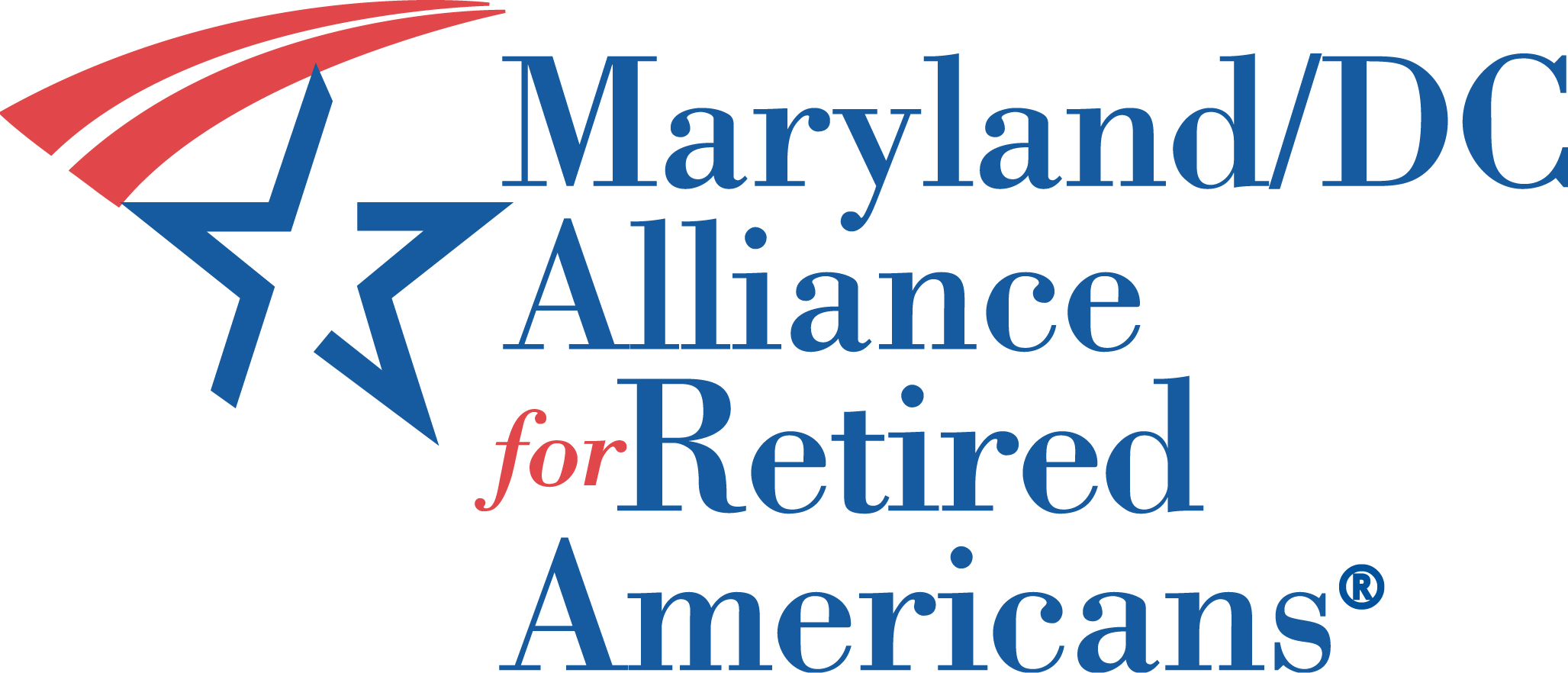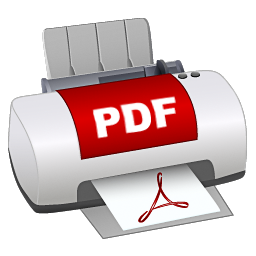December 02, 2015
The TPP and Prescription Drugs
The United States has concluded negotiations on the Trans Pacific Partnership (TPP) trade deal, and on November 5, 2015, President Obama released the text of the agreement. This started a 90-day period for public review before Congress can take an up or down vote. The agreement contains various provisions that could affect drug prices for all Americans, including seniors. These provisions would block patent reform and jeopardize the government’s ability to negotiate lower prices for drugs in public programs like Medicare.
TPP Locks in Patent Protections for Drugs & May Block Future Reform
The United States has been more liberal in granting patents and other forms of regulatory protections to pharmaceutical companies than other countries. The U.S. Trade Representative, at the urging of pharmaceutical companies, succeeded in pressuring other countries to provide the same protections, and set them in stone, as part of the TPP agreement. As a result, the TPP jeopardizes our country’s ability to change its own rules on patents in the future, which will increase the prices consumers pay.
Exclusivity for biologics: In the United States, the exclusivity period for biologics – drugs used to treat various types of cancer and other chronic conditions like rheumatoid arthritis and multiple sclerosis – is 12 years. However, many health advocates and President Obama have endorsed shortening the exclusivity period for biologics to seven years. The final TPP requires parties to provide eight years of “effective market protection.” This provision would prevent access to clinical data and registration of cheaper versions of medicines for eight years. While drug companies claim this protection is needed to promote innovation, it will extend drug monopolies at the expense of patient access and limit future reforms the U.S. government can make.
Evergreening: The TPP that would also require countries to grant “evergreen” patents or patent extensions for small changes in the formula, dosage or administration of the drugs, regardless of whether these minor alterations improve the efficacy of the drug, further locking in higher prices for longer periods of time.
TPP Could Limit Cost Control Measures in Public Programs
The federal government, as the administrator of Medicare, works to lower the cost of prescriptions drugs for patients and the government, through rebates, discounts and drug formularies. However, the TPP agreement includes language that puts the interests of drug and medical device companies above those of beneficiaries and taxpayers by providing an opportunity for drug and device manufacturers to seek higher reimbursement rates.
Specifically, it requires countries to make available a review process for health care reimbursement decisions and to follow TPP procedural rules and principles—but the process is not required to be open to the public or to consider alternate views. The vague language in this section provides no assurance that government agencies are protected from a legal challenge. Thus, under this transparency provision, global corporations could contest reimbursement policies through ISDS (see below).
Under this procedure, Medicare could be subject to a challenge by a foreign pharmaceutical company or a foreign subsidiary of a U.S. company. In contrast, citizens concerned about ensuring that Medicare gets the best value for its dollar are not guaranteed any formal role in such a challenge.
Also, this agreement could tie the hands of future Congresses to enact legislation to negotiate drug prices under Medicare or enact a Medicare drug rebate program, which would save Medicare $121 billion over 10 years.
Corporate Rights in TPP Could Supersede U.S. Laws and Courts
The TPP includes investor-state dispute settlement (ISDS). ISDS provides a mechanism for global corporations to sue countries over government measures that, in their view, “unfairly” impact the companies expected future profits. Under ISDS, cases are adjudicated by an international tribunal. The arbitrators in these tribunals do not have to comply with U.S. laws or take into consideration the impact on American citizens, yet their decisions are binding. ISDS gives corporations a new avenue to seek compensation, which often comes at the expense of the public good. Using this mechanism, pharmaceutical companies can reap windfall profits at U.S. taxpayer expense.
ISDS claims are growing in numbers. In 2012 alone, 58 cases were filed. Eli Lilly, a U.S. drug company, is currently using NAFTA’s ISDS provision to challenge Canada’s decision not to extend patents for Strattera and Zyprexa. Eli Lilly is seeking $500 million in compensation from Canada. The TPP would allow similar challenges against U.S. patent and reimbursement decisions by pharmaceutical companies by extending ISDS to Australia, Japan, and other countries.

